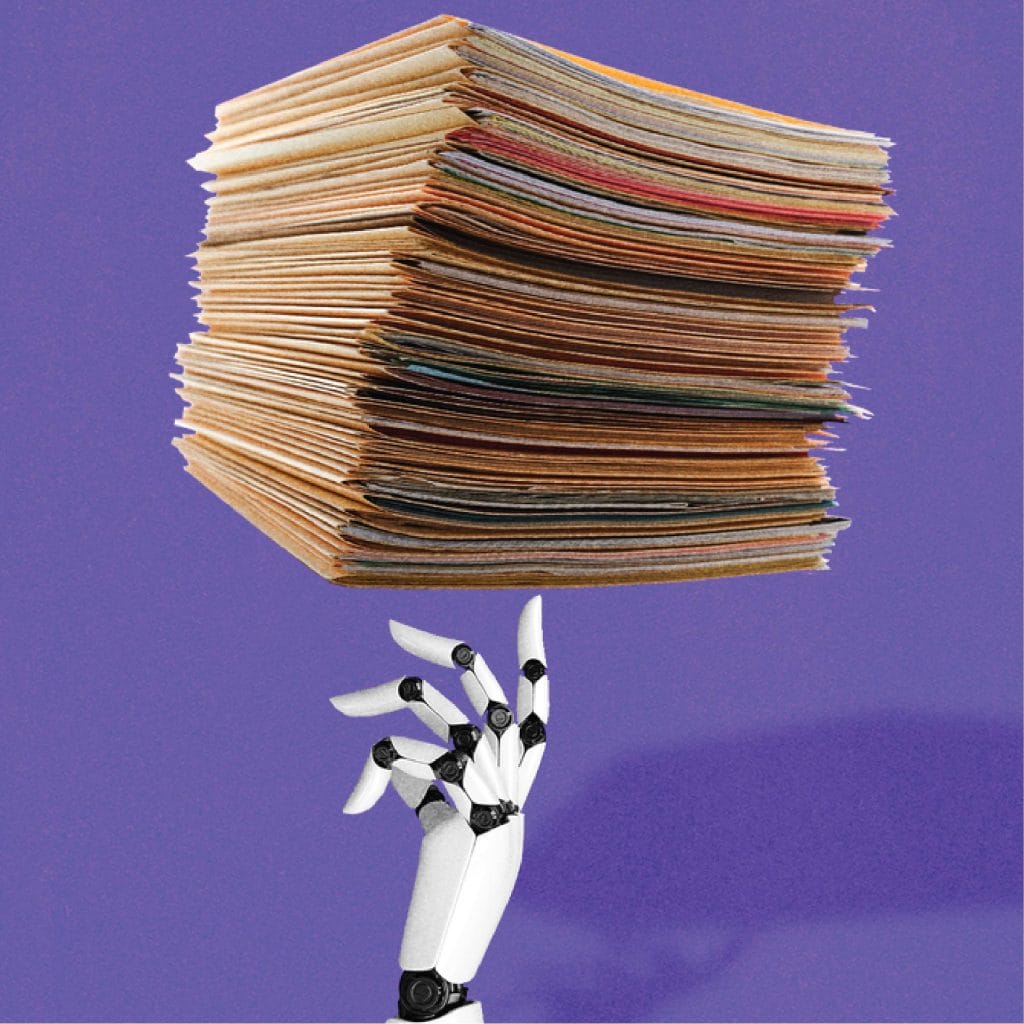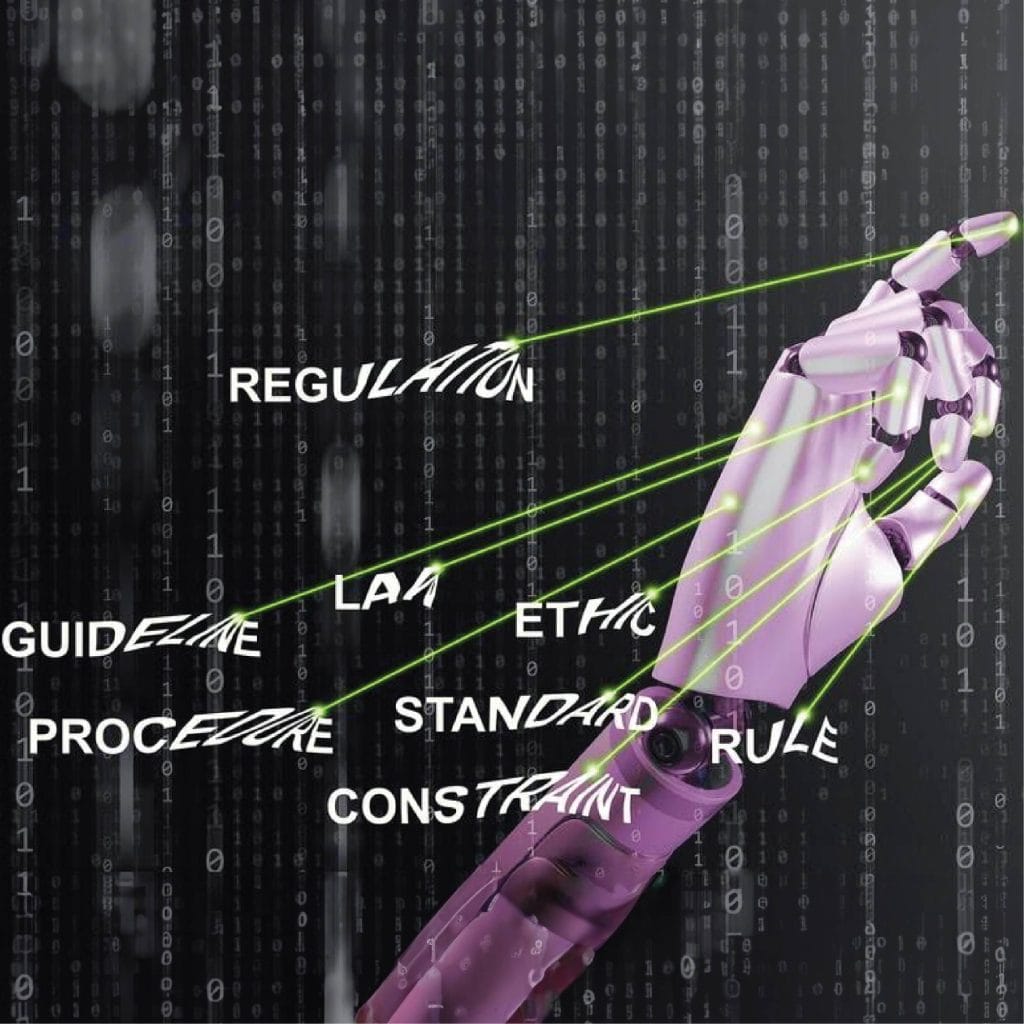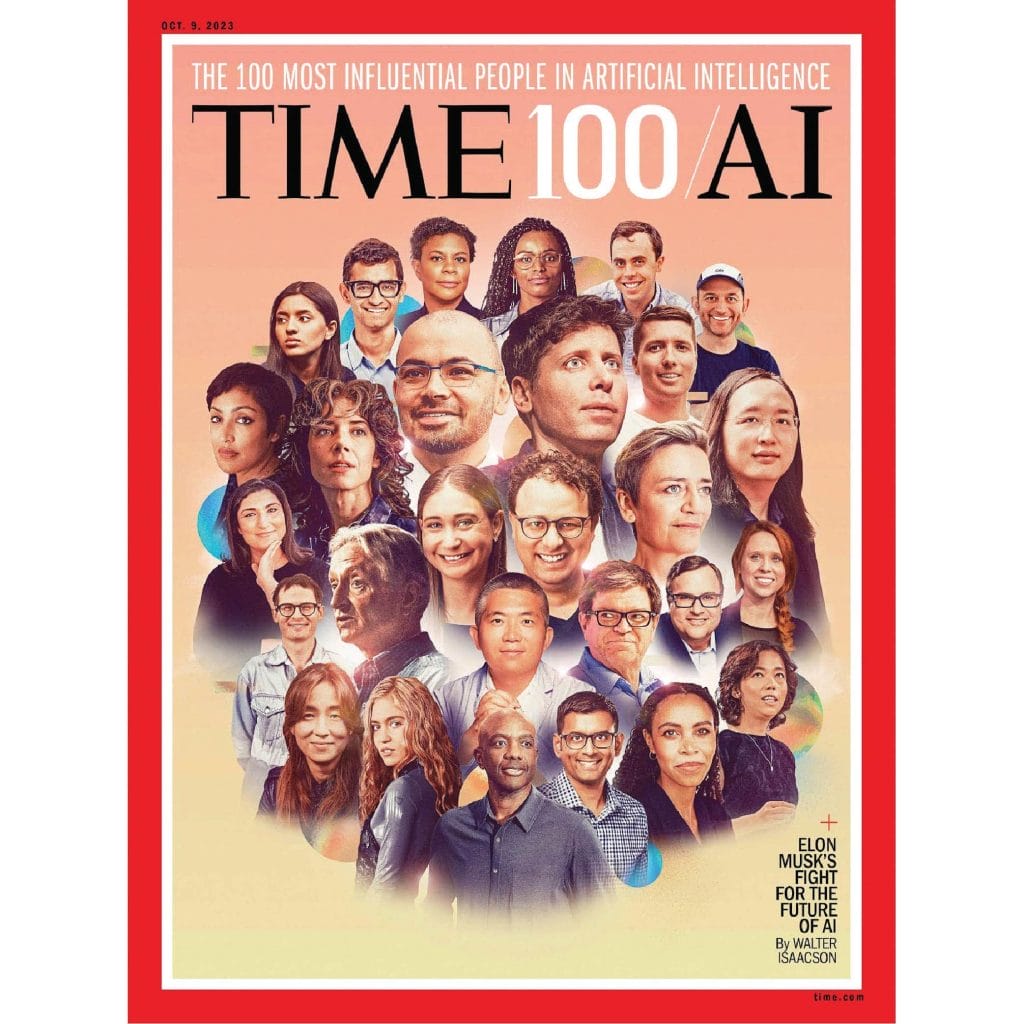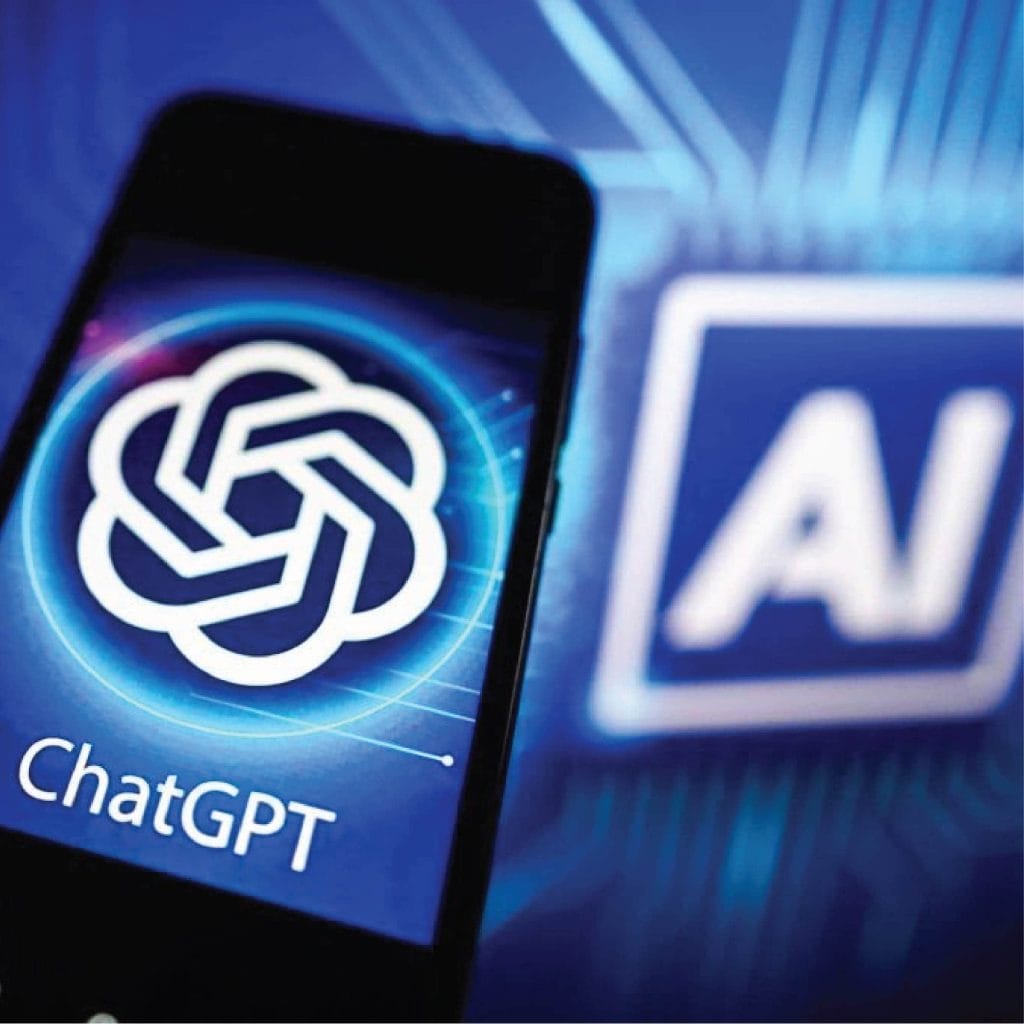This AI newsletter was crafted with the help of AI.
Volume 1
Generative AI is transforming business operations, with companies like Twilio and Google leveraging AI tools to streamline their operations and enhance productivity1. Twilio’s RFP Genie, powered by OpenAI’s GPT-4, is a prime example of how AI can reduce the time it takes to complete a request for proposal (RFP) from weeks to minutes1. This allows sales staff to focus on more complex problems, while the AI handles the bulk of the work1. Google also expects its AI RFP tool to save its salespeople tens of thousands of hours annually1.
As AI continues to evolve, the need for responsible AI frameworks becomes paramount to address the risks associated with data management and privacy2. Companies are developing principles, policies, tools, and processes that prioritize the good of individuals and society while still achieving transformative business impact2. The European Central Bank (ECB) is actively exploring questions related to data privacy, legal constraints, and ethical considerations such as fairness, transparency, and accountability3. OpenAI, for example, emphasizes the continuous improvement of safety measures in its AI models, acknowledging that perfection is not attainable5.
OpenAI is also pushing the boundaries of AI technology, focusing on advancements that enhance communication and creative collaboration56. The addition of voice and image-based capabilities to ChatGPT, for instance, transforms it into more than just a text-based search engine6. OpenAI has collaborated with voice actors to create five different human-like voices, powered by a new text-to-speech model6. Another significant advancement is the integration of DALL-E 3 with ChatGPT, which simplifies the creative collaboration process and allows users to leverage the expertise of ChatGPT in generating prompts for DALL-E 35.
CITED ARTICLES

Generative AI tools, such as Twilio’s RFP Genie, are disrupting the process of responding to requests for proposals (RFPs). These AI tools can digest an RFP, search for relevant information, and generate suitable responses in minutes, saving significant time and effort for sales teams. Companies like Google, EssenceMediacom, and DataRobot have also developed AI RFP response bots. While these tools are streamlining the RFP process, concerns are being raised about the future involvement of humans in business admin practices.

A new report by MIT Sloan Management Review and Boston Consulting Group reveals that 78% of organizations use third-party AI tools, with more than half using them exclusively. However, the report also found that over half of all AI failures come from third-party tools, raising concerns about the risks associated with their use. The report suggests that companies should expand responsible AI programs, properly evaluate third-party tools, prepare for regulation, engage CEOs in responsible AI efforts, and invest in responsible AI to mitigate these risks.

The European Central Bank (ECB) is exploring the use of artificial intelligence (AI) in tasks such as data analysis, price-setting behavior analysis, and banking supervision. The ECB is using machine learning techniques to automate data classification, web scraping and machine learning to gather real-time data on product prices, and natural language processing models to analyze text documents. The ECB is cautious about the risks of AI and is considering data privacy, legal constraints, and ethical considerations.

TIME has released its TIME100 AI list, featuring 100 individuals who are shaping the development and impact of artificial intelligence. The list includes a diverse range of people, from industry leaders and innovators to ethicists and advocates, highlighting the various perspectives and challenges surrounding AI. The list also includes exclusive reporting on Elon Musk’s fight for the future of AI, taken from Walter Isaacson’s upcoming biography of Musk.

OpenAI has announced the release of DALL-E 3, an updated version of its generative AI visual art platform. The new version integrates with ChatGPT, allowing users to generate prompts for DALL-E using the chatbot. OpenAI has also implemented safety measures to prevent the creation of explicit or hateful images. The release of DALL-E 3 will be staggered, with ChatGPT Plus and ChatGPT Enterprise users getting access first in October. A free public version has not yet been announced.

OpenAI is expanding its ChatGPT AI assistant to include voice and image-based capabilities, allowing users to have voice conversations with the chatbot and search for answers using images. The voice feature is powered by a text-to-speech model that can generate human-like voices, while the image search function will be available on all platforms. OpenAI is also partnering with Spotify to offer podcasters the ability to translate their shows into different languages while retaining their original voice. The new features will be rolled out to paying subscribers in the next two weeks.




